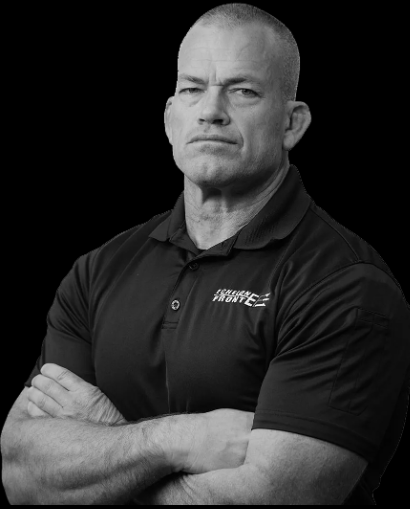In the journey of personal and professional growth, one resource that stands out is books.
For many, including myself, audiobooks have become the preferred gateway to knowledge and motivation. As I navigate through life’s demands, audiobooks fill the void during my daily drives.
An author who has left a mark on my mindset, Jocko Willink stands out. In his book “Leadership Strategy and Tactics,” one concept resonates deeply: Pride.

Before getting into the insights on pride, it’s essential to understand the man behind the wisdom. Jocko Willink isn’t just a name; he’s a testament to resilience and leadership. A retired United States Navy officer with combat experience in the Iraq War, Willink’s accolades include the Silver Star and Bronze Star Medal for his exemplary service. Co-author of acclaimed books like “Extreme Ownership” and “The Dichotomy of Leadership,” Willink’s expertise extends beyond the battlefield into the realms of business and personal development. With a background in English from the University of San Diego, Willink’s multi-faceted journey adds layers of depth to his teachings. Read more about him on his website.
Now, let’s dive in: Pride.
It’s a term loaded with implications, capable of both building and destroying individuals and teams. Take this sentence: “He took a lot of pride in how he looked.” On the surface, it could signify professionalism and self-care, but dig deeper and it might reveal vanity and obsession. Such is the complexity of pride.
Excessive pride will turn into arrogance, the silent killer of progress and collaboration. When individuals lose sight of humility and become trapped by their egos, teams suffer. They stop trying to be good and just rely on what they did well before. They can’t see where they’re not doing so great. But pride can also be a good thing, like a light shining in the dark.
Positive pride fuels ambition and excellence. It’s the driving force behind the relentless pursuit of greatness. When individuals care deeply about their work and hold themselves to the highest standards, magic happens. This kind of pride isn’t given for free; it’s earned by working hard and staying dedicated.
To build this kind of pride in teams, we need to find a good balance. They should face tough challenges that test them. This helps them come together and become stronger. When they face hard times together and come out on top, that’s when pride grows, not just from people saying nice things, but from overcoming obstacles together.
In summary, pride can be good or bad, like a sharp but fragile sword. It can help or harm, depending on how it’s used. But if we’re careful and balanced, pride can be a strong tool for achieving great things.
Jocko Willink reminds us that real pride comes from always trying to be better and helping others succeed.

